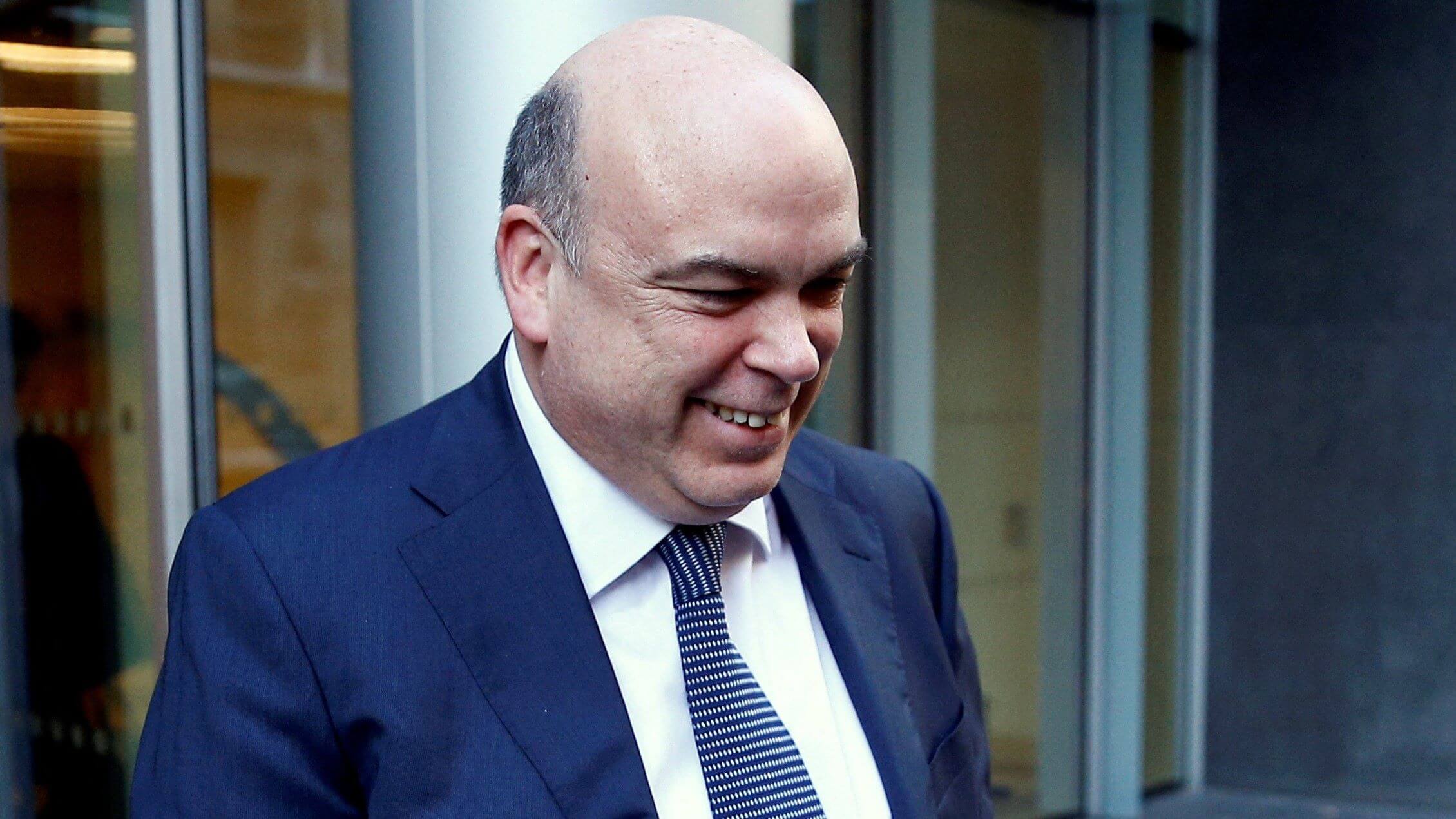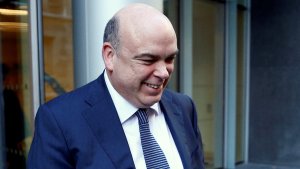US Criminal Trial Of British Tech Founder Mike Lynch To Wrap Up
HP wrote down Autonomy's value by $8.8 billion within a year of its acquisition.

Jurors at the trial of British tech pioneer Mike Lynch are expected to hear closing arguments in San Francisco on Monday in the fraud case related to Hewlett-Packard's $11 billion acquisition of his software company Autonomy in 2011.
The Cambridge University-educated entrepreneur took the stand in his own defense at the trial, denying wrongdoing and telling jurors that HP botched the two companies' integration.
HP wrote down Autonomy's value by $8.8 billion within a year of the acquisition.
Lynch and former Autonomy finance executive Stephen Chamberlain face charges of fraud and conspiracy for allegedly scheming to inflate the company's revenue starting in 2009, partly to entice a buyer.
Prosecutors say the pair padded Autonomy's finances in several ways, including back-dated agreements and "round-trip" deals that fronted cash to customers through fake contracts.
At the trial that began in mid-March, jurors have heard from more than 30 government witnesses including Leo Apotheker, the former HP CEO who was fired weeks after the Autonomy deal was announced.
Lynch's legal team has argued that HP was so eager to acquire Autonomy ahead of potential competitors that it rushed through due diligence before the sale.
On the stand, Lynch said he had been focused on tech issues, and entrusted money matters and the accounting decisions at issue to Sushovan Hussain, Autonomy's then-chief financial officer.
Hussain was separately convicted in 2018 at a trial in the same court. He was released from U.S. prison in January after serving a five-year sentence.
Lynch was one of the UK's leading tech entrepreneurs, drawing comparisons to Apple cofounder Steve Jobs and Microsoft cofounder, Bill Gates.
In one of the biggest British tech deals at the time, the Autonomy acquisition was meant to fuel HP's software business. Instead, it spawned a series of bitter and expensive legal battles.
HP largely won a civil lawsuit against Lynch and Hussain in London in 2022, though damages have not yet been decided. The company is seeking $4 billion.
(Reporting by Jody Godoy in New York; Editing by Rod Nickel)
Thanks for signing up to Minutehack alerts.
Brilliant editorials heading your way soon.
Okay, Thanks!

